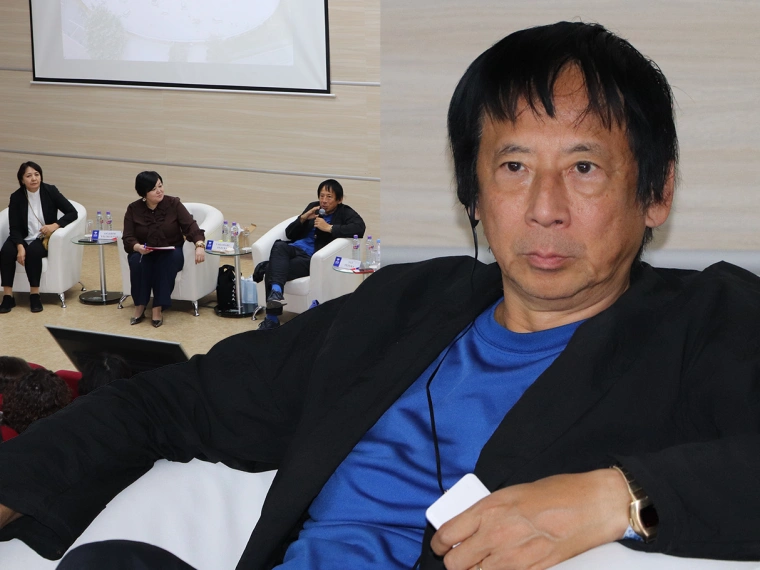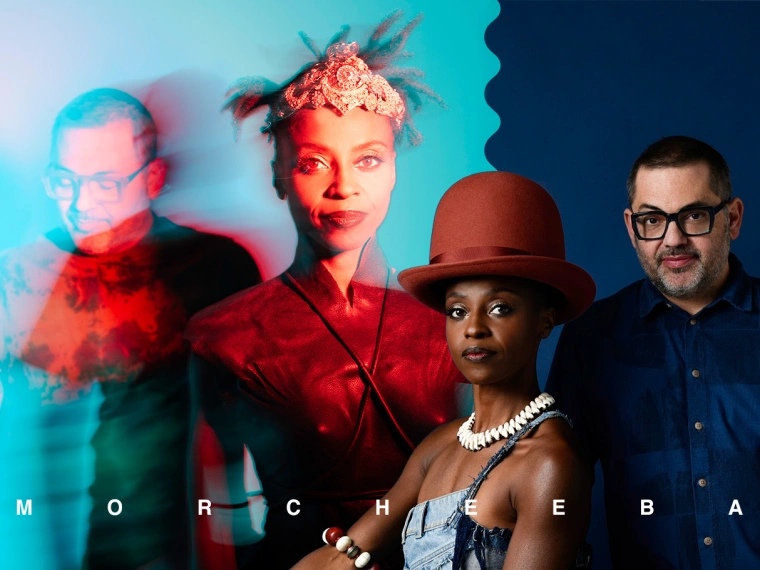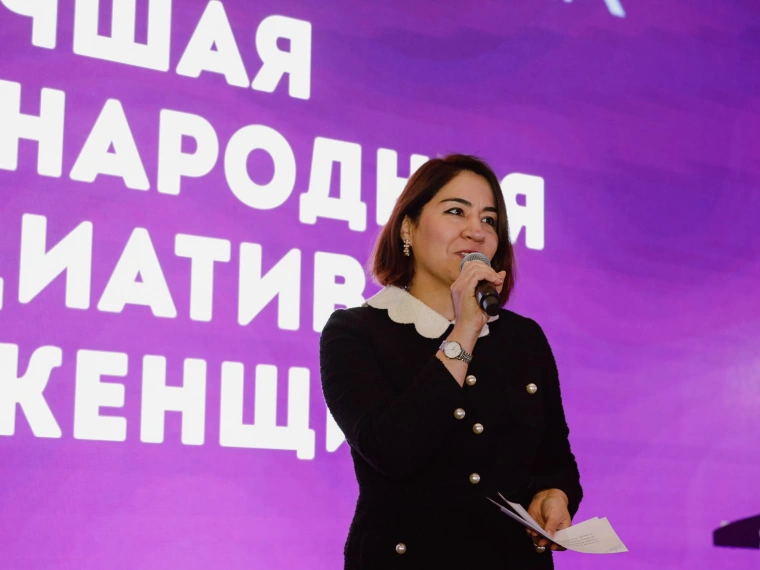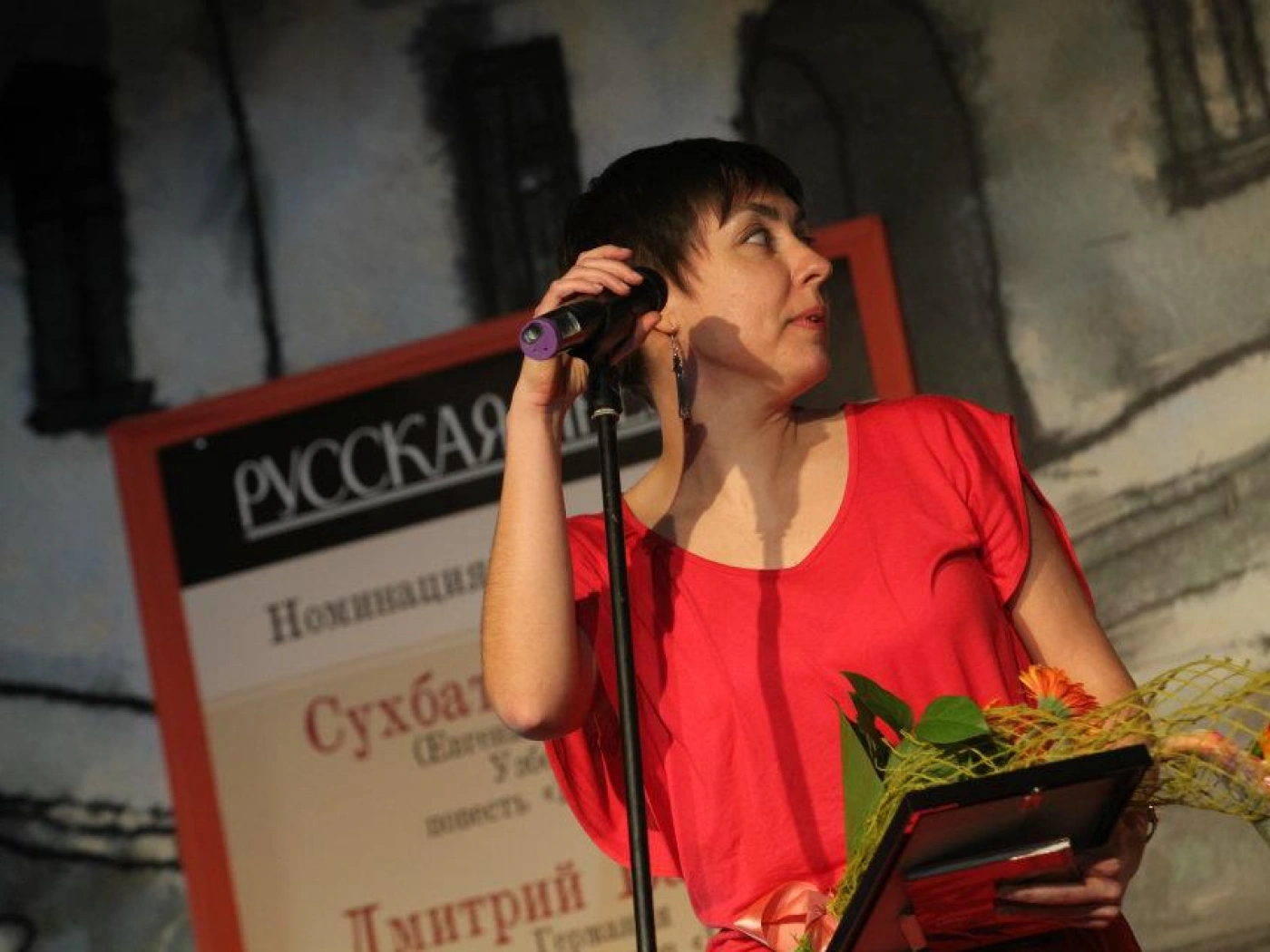
Maria Rybakova: «Life is very mysterious, and writing elucidates those mysteries, so you start to think about them more»
Maria Rybakova was born in Moscow and went to Moscow State University for about three years. Then she studied at the University in Berlin for about three years. She went to graduate school in the United States for a few years and started writing books. Maria teaches and has worked in several countries, including the US, China and Kazakhstan. She also had fellowships in Hungary and Romania.
She is now an assistant professor of the World languages Department at Nazarbayev University. We had a conversation with Maria about writing, mythology and travelling.
— What is the best thing about your job?
The best thing about my job as a writer is that it’s a way to create immortality for oneself. Because one’s own world will remain. I think a human being wants to create some sort of immortality. Otherwise, we just eat, sleep, have sex and die. Pretty depressing.
The best thing about working at the university is that I have enough free time to write.
— Did you grow up willing to become a writer or was it accidental?
It was accidental. I think I grew up not knowing what I wanted to be at all. That’s why I became a writer: you know nothing. You just imagine things.
I think that at first, I stumbled into it because I was very much in love with somebody and I wanted to express it. Eventually, I tracked him, and it didn’t happen. The same thing with the university — it was just accidental.
— What do you like more: to write or to teach?
Definitely to write. I think the best teaching is self-teaching: just sitting in the library, reading at random. Professors are very secondary.
— What is the best thing about writing?
It’s a very, very unpleasant process in a way. First of all, you really need to wait for inspiration. If you don’t have it, nothing will happen. You might produce something without inspiration, but you’ll have to bin it later. So it’s a very passive occupation, in a way.
You have to think about it pretty much 24 hours a day. Even when I go to sleep, I wish that maybe I have a dream that has to do with whatever I am writing at the moment, and I can use it later. Basically, everything becomes material for writing — whether useful or useless.
Your life as «life» disappears, everything becomes just material.
Okay, I should say something positive. Life is very mysterious. Writing doesn’t make it less mysterious. But it elucidates some mystery. It makes us think about mysteries. I once read a book by a mathematician, Alexander Grothendieck. He says that a work of art always transforms the person who has created it. Every story that you write, a poem, a novel, it transforms you. You come out of it as a different person. It is a very interesting observation: that writing is transformative.
— What do you usually write about?
It’s a very difficult question. Because I’m pretty omnivorous. Sometimes I’m inspired by the situation in my own life. Sometimes I’m inspired by the style of a book that I have read. Yeah, sometimes the book is so well written that I think I could write something in a similar style. But perhaps better. Of course, once you write it, it becomes very different.
— What inspires you to write?
Sometimes there it’s a very small thing: learning to ride a horse, or taking a taxi, or getting stuck at a bus stop during rain. I guess it’s often connected to some sort of movement in space, or wanting to move.
Other writers sometimes inspire me to write. Recently here in Astana, I read a book by Laszlo Krasznahorkai. Popped in for a second into Meloman/Marwin, and there it was: «The Melancholy of Resistance». Now I ordered a second book by him: «Satantango». He is like no one else.
— How long does it take you to write a novel or a short story?
For a novel, it usually takes about a year. Because it takes me sort of a couple of years of mental preparation. And then I can write it pretty quickly in one year. The stories take sometimes a month and sometimes longer. A lot of work is invisible. It is not like you are sitting and writing it down. You are just wandering around for a year or two mulling it in your head.
— Are you really organized in your job?
No.
— I know that you have published several short stories and novels and they were translated into multiple languages. Tell me what your favourite one is and the one that you were very much proud of.
In general, I am always very flattered when somebody decides to translate my book. And I think that the work of translators is terribly underappreciated in our society. They’re badly paid. And the reading public does not pay as much attention to their art as they should be.
So I’m always happy and I’m always full of admiration for all translators of my books.
What is my favourite book? It’s always the last one. And when you’re writing something that is the book that you like most. And even if it’s a short story, then it’s the story that you like most. Because that’s when you think that you are now finally moving in the right direction.
— What did you feel when you had your first book published?
I can tell you what I felt when I had my first story published. I remember that it was published in a magazine, «Neva», a literary journal in St Petersburg. And I went to the library to borrow this magazine just to look at it. I opened it and saw my name and the story printed and everything went dark, I was dizzy. I felt like it was unreal.
Yeah, it’s a moment of unreality. I remember that.
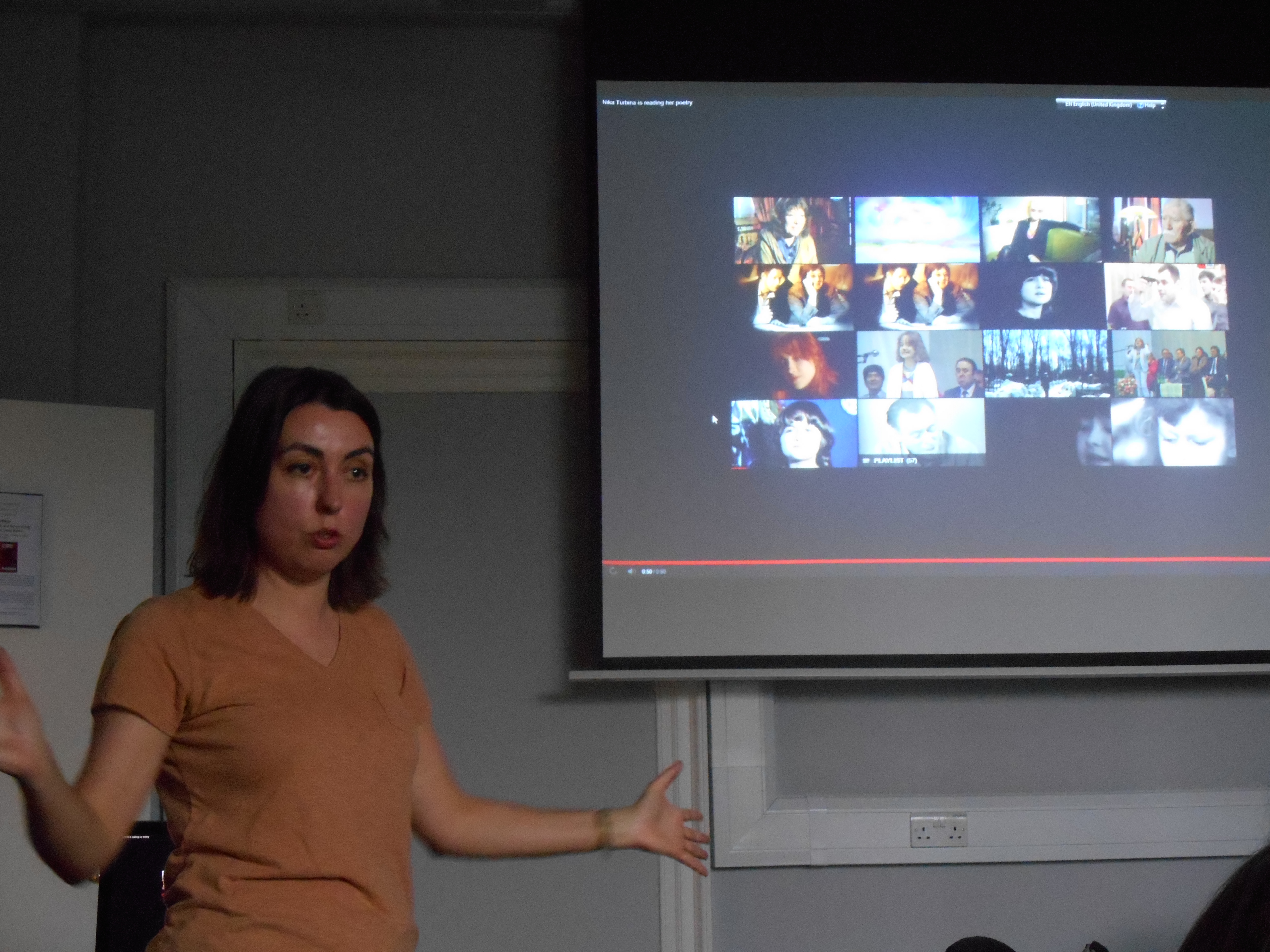
— I know that you’re a polyglot. How many languages do you speak? And what is the most preferable one in writing?
I don’t speak so many, real polyglots know tons of languages, they have a special talent for that. Well, I started learning Latin and Ancient Greek in University and my native language is Russian. I also speak English, German, French, some Italian, some Romanian. I can read Spanish.
— What language do you prefer in writing?
I prefer to write in Russian, it is the easiest.
— Have you experienced writing in other languages?
Yes. In 2019 I had an American fellowship and I thought that later I’d have to show a manuscript in English. So I wrote a whole book in English, a collection of four novellas. It will be published in September.
My English is kind of good when I speak. Writing fiction in English was really hard. I don’t think I’ll ever try to write in English again.
— Your research interest is related to mythology and magical realism. Do you believe in those myths?
Yeah, I believe in those myths. I guess that’s why I was attracted to the field of Greek and Latin because I was fascinated by these myths. Then when I was in graduate school, the professors asked me: «What do you want to write your dissertation on».
I decided to write about mythology. And once I started writing, I realized that most academics don’t believe in this. They don’t believe in myths and think people invented them for political reasons. That was a great disappointment.
A fascinating thing was always to read scholars who seemed to be fascinated by the supernatural, who halfway existed in it. For example, Mircea Eliade — whose ambition in life, I suspect, was to become a magus or an immortal, especially when he was young — he studied all kinds of myths, Indian and Romanian, Siberian and Greek, with the kind of passion that laid bare his own very personal search for the secret of «immortality and freedom».
Or Carl Gustav Jung who made a connection between the myths and our subconscious. He supposed that we all had similar myths in our subconsciousness, and they manifest themselves when we dream or when we are delirious. These things are impossible to prove but are very interesting.
— Do you like writing about myths? Do you like engaging Greek gods into your novels, for example?
I wrote a novel in verse about the first Russian translator of the Iliad — Nikolay Gnedich. That novel in verse incorporated Greek mythology and episodes from the Iliad.
I have another novel about a character who is kind of a river god. It is about a river that decides to become a human for a while and then goes back to being a river. Even my very first novel had a myth of a soul travelling in the Underworld: a very platonic idea. So, sometimes yes, but not very often. Most of the things I write are very realistic.
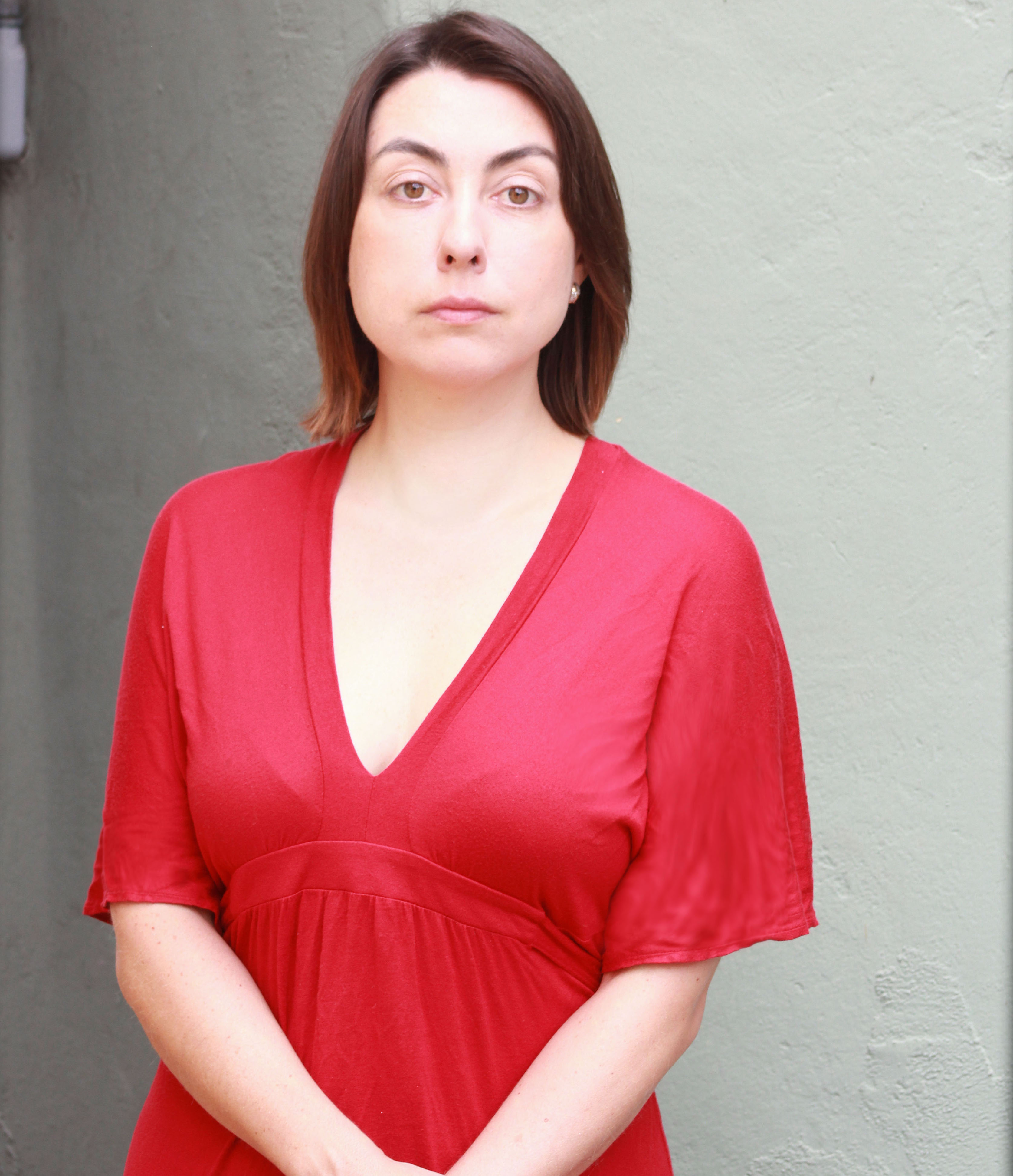
— I assume that you’ve travelled a lot, could you tell me more about this experience?
Travelling or starting a new life in a new place always gives me a rush of happiness, because there are so many new impressions and new people.
It also makes life seem very long. Because it falls into these different discrete «lives» spent at different places. So instead of one life, you will have lived several.
It also has pitfalls. Every time we travel we have to find new friends. You might go through periods of loneliness. If you’re in a country where you don’t speak the language, you feel like a child all the time, because you can’t say what you want.
It’s a very special experience. And I think nowadays in the 21st century, more and more people have this lifestyle because of global mobility. I think in the past people were much more rooted in one place. But I don’t have this little pod. That’s how it is.
— What do you plan to do in the near future? I mean, do you plan to continue teaching or would you like to travel more?
Of course, I would love to travel more but unfortunately, it does not depend on my wishes. We have the pandemic to end first.
— What is the best country to find inspiration to write?
For me, it’s all the countries in the Balkans: the countries of the former Yugoslavia, Albania, Bulgaria, Romania (if it counts as the Balkans). I feel like they are really at the crossroads of history and myth, East and West, incredible beauty and terrifying past.
— What is the best workplace for you here in Astana?
I love working in coffee shops, pretty much any coffee shop would do, and if not, then a canteen is perfectly fine. Walking on campus, in the Botanical garden, or in Central Park, walking the streets of the old town (the right bank) is always inspirational. The Tochka Kofe has the perfect location close to the river.
Astana is fascinating: in just one or two hours I can make a surreal journey by foot from a neighbourhood where I feel transported into my USSR childhood to the left-bank neighbourhoods that look like something from a sci-fi movie about the distant future.
Mircea Eliade’s fantastical short stories come to mind when you start walking from, say the Central Park to the Dostyq street, and suddenly you find yourself in Chubary — a place from a completely different world, with its much narrower streets and trees, and quiet as if a time portal has opened up for you.
